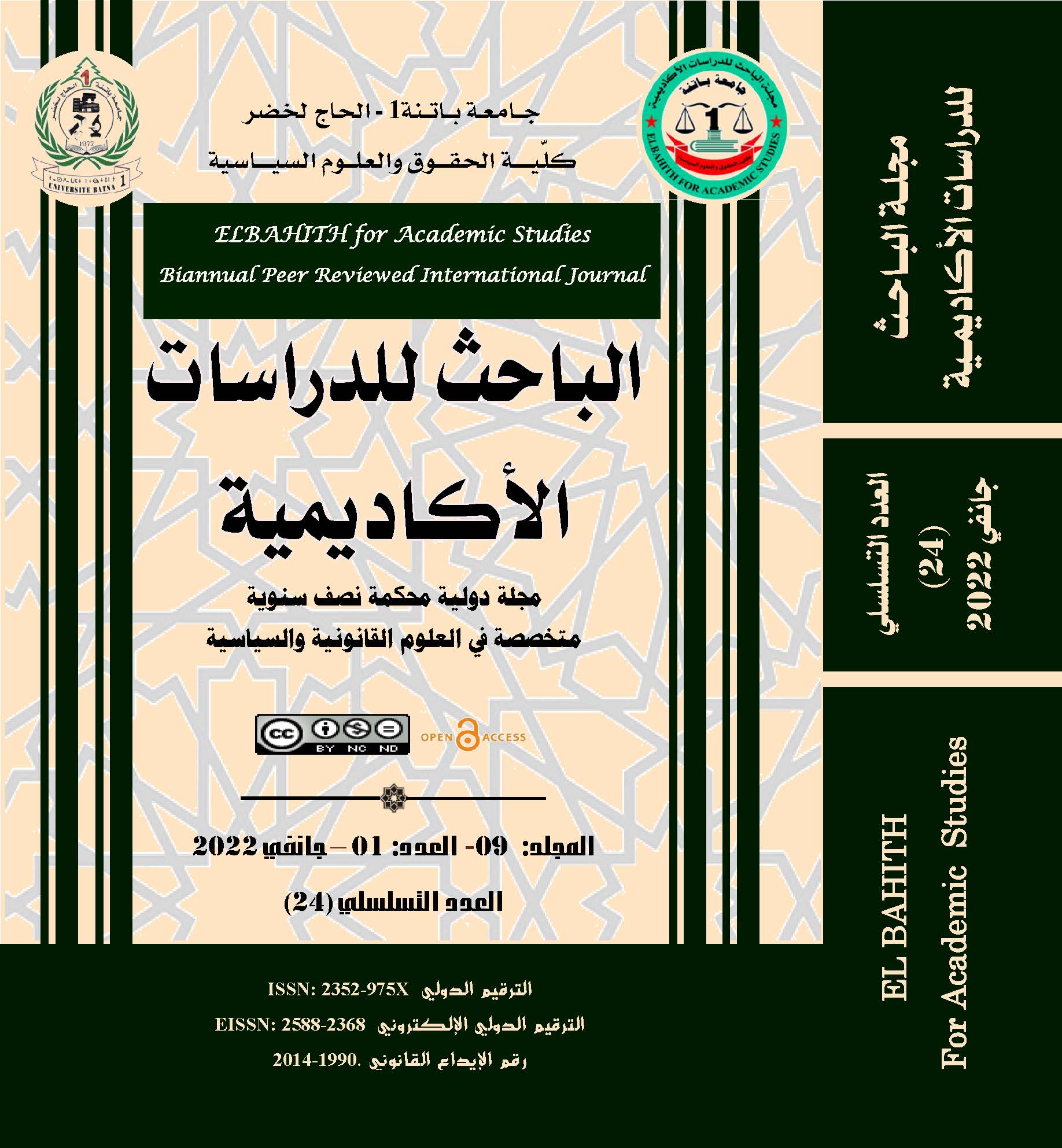The State of Reconciliation in Lebanon Through The Film "The Insult"
DOI:
https://doi.org/10.59791/efas.v9i1.1561Keywords:
Lebanese Civil War, Secterian Conflict, Latent Conflict, ‘The Insult’ film, ReconciliationAbstract
Reconciliation is of central importance in post-conflict situations as its main objective is to ensure that the tragedy of the past is not repeated. This study analyzes the state of reconciliation in Lebanon through the film "The Insult", which presented a personal dispute that turned into a Christian Lebanese/Palestinian one. The film showed the state of Lebanon's transition from the apparent conflict to the latent conflict after the Taif Agreement through the sectarian quota system, while Lebanon did not reach a reconciliation that would push it away from the specter of civil war. Although the subject is related to Lebanon, it presents a vision that can be used in other contexts in evaluating the paths of reconciliation in general. The study concluded the need to heal psychological wounds after the conflict, the need to implement a constitutional reform in Lebanon that ends sectarian quotas. The study is divided into two axes. The first includes theoretical tools for analyzing reconciliation in Lebanon, and the film's relationship to the issue of reconciliation. While the second axis deals with the analysis of the content of the film and then its perception of the state of reconciliation in Lebanon.
Downloads
Published
How to Cite
Issue
Section
License

This work is licensed under a Creative Commons Attribution-NonCommercial-NoDerivatives 4.0 International License.




